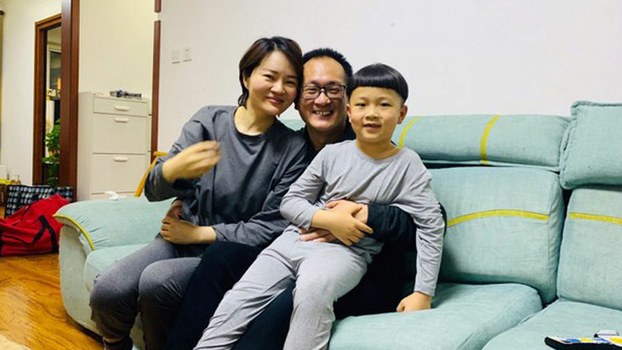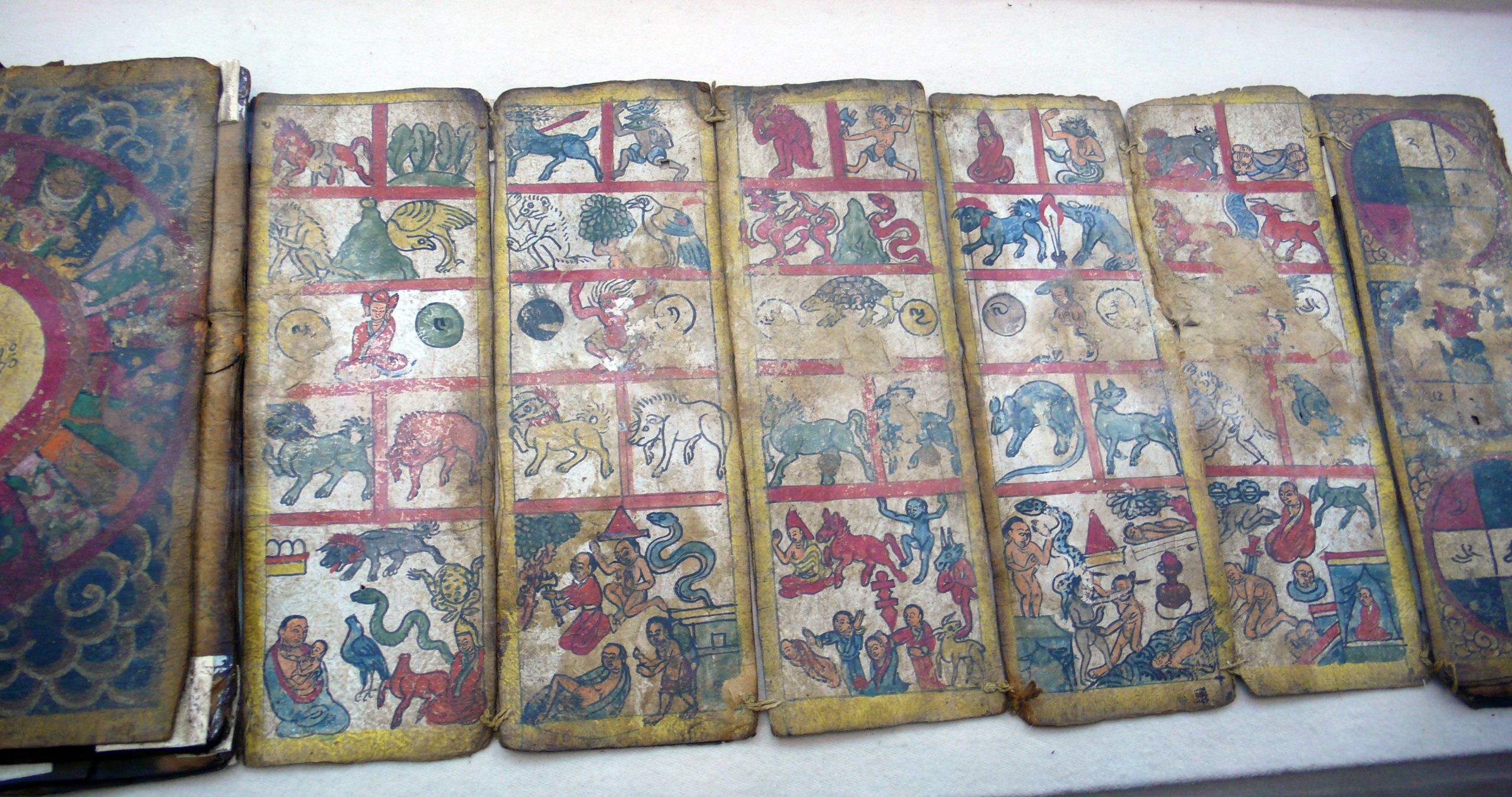
Authorities in the Chinese capital have placed a number of prominent rights lawyers and their families under house arrest on Human Rights Day, RFA has learned.
Beijing-based rights attorney Li Heping had been planning to take his children to school and walk the dog as usual on Wednesday.
Instead, he found a group of uninvited guests in the form of state security police blocking his exit, according to video footage of the encounter sent to RFA.
“So we can’t walk the dog? The kid can’t go to school?” Li’s wife Wang Qiaolong is heard demanding of the police.
Li adds: “So what are you, gangsters, not letting the kids go out of the house, or go to school?”
Almost simultaneously, rights lawyer Wang Quanzhang and his wife Li Wenzu, were facing a similar situation in the corridor outside their Beijing apartment.
“Who are you? What are you doing?” Li asks the police stationed outside her door on Wednesday morning. “What time do you call this? Why are you ringing our doorbell at six o’clock in the morning?”
The family was prevented from leaving after police set a security guard outside the door, not even to take an elderly relative to a hospital appointment.
“A group of them blocked off our front door without showing any credentials or telling us their identities,” Li told RFA. “They are doing this to stop us from going out.”
“After negotiations, they agreed to let Quanzhang take the kid to school,” she said.
“My father wanted me to take him to the hospital to get his test results, but I wasn’t allowed to go out,” she said. “I got angry and cursed them out.”
“This isn’t just a huge inconvenience for us … it also has a psychological impact,” she said.
‘They are in my home’
Meanwhile, officers from the Beijing state security police department forced their way into the home of detained human rights lawyer Yu Wensheng and left two officers to watch his wife Xu Yan in her own home, she told RFA.
“There are two of them in my home and four more in the corridor outside,” she said. “They say I can’t go out on Human Rights Day.”
Xu said the authorities likely expect that the rights lawyers targeted in a nationwide crackdown by the ruling Chinese Communist Party (CCP) since July 2015 could try to meet with officials from the U.S. or the E.U., or take part in events marking Human Rights Day 2020.
“Last year they wouldn’t let me go out after I had gotten downstairs, but this year, they are in my home and outside my door,” she said. “They are basically depriving me of my freedom.”
Meanwhile, authorities in the northern province of Shanxi canceled the pretrial meeting in the case of rights lawyer Hao Jinsong, who faces three charges often used to target peaceful critics of the CCP.
Hao’s lawyer Li Xiongbing said the sudden cancellation could be linked to Human Rights Day, a sensitive date for the CCP.
“There will be no … pre-trial meeting, which was originally scheduled for today,” Li said. “I guess it is because of Human Rights Day.”
Fellow defense attorney Lin Qilei said Hao currently faces charges of “picking quarrels and stirring up trouble,” “defamation,” and “fraud,” none of which should stand up in court, but which would likely lead to sentencing under China’s judicial system.
An employee who answered the phone at the Dingxiang County People’s Court declined to comment on the case, saying they had nothing to do with it.
Citizen journalists suppressed
The overseas-based Chinese Human Rights Defenders’ (CHRD) network said the world should use Human Rights Day to call the CCP and general secretary Xi Jinping to account for their suppression of citizen journalism and dissenting views of the government’s handling of the coronavirus pandemic, which emerged in the central Chinese city of Wuhan in December 2019.
The group said the pandemic was the biggest human rights crisis of 2020, and that Beijing had “suppress[ed] crucial information that the virus was spreading through human-to-human transmission and not registering cases, thus allowing the virus to spread throughout China and the globe.”
“As people started dying from the new virus and in desperate need of information, Chinese authorities swiftly began muzzling independent reporting, ramping up censorship, and detaining and punishing doctors, activists, writers, and ordinary people who spoke out about the truth on the ground at the time,” CHRD said in a statement on its website.
“There has been no credible independent investigation into the cause of the outbreak and we likely don’t even know the true number of deaths or confirmed case of COVID-19 in China,” the CHRD said.
“Instead of valuing human life above all else … the [CCP] has gone after the victims of the pandemic in Wuhan and Hubei,” the group said in a statement signed by director Frances Eve.
Bereaved families and their lawyers trying to file claims for compensation against the government for suppressing vital public health information have faced threats and harassment from national security police, Eve wrote.
Reported by Gao Feng for RFA’s Mandarin Service, and by Wong Siu San and Chingman for the Cantonese Service. Translated and edited by Luisetta Mudie.
Source: Copyright © 1998-2016, RFA. Used with the permission of Radio Free Asia, 2025 M St. NW, Suite 300, Washington DC 20036. https://www.rfa.org.












